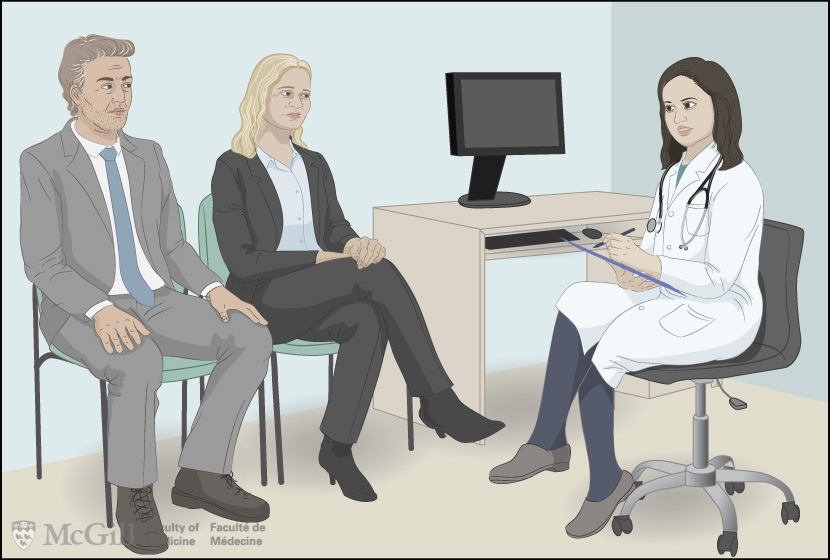

Key Case Concepts
While these Entrustable Professional Activities (EPAs) have been developed for residents, attending staff may find these useful when evaluating their residents, particularly when combined with own their institution's Surgical Foundation's EPAs.
- EPA 1: Gather a History and Perform a Physical Examination
- EPA 2: Prioritize a Differential Diagnosis Following a Clinical Encounter
- EPA 3: Recommend and Interpret Common Diagnostic and Screening Tests
- EPA 4 Enter and Discuss Orders and Prescriptions
- EPA 7: Form Clinical Questions and Retrieve Evidence to Advance Patient Care
- EPA 11: Obtain Informed Consent for Tests and/or Procedures
- EPA 12: Perform General Procedures of a Physician
Accreditation Statement
This event is an Accredited Self-Assessment Activity (Section 3) as defined by the Maintenance of Certification Program of the Royal College of Physicians and Surgeons of Canada, and approved by Canadian Association of General Surgeons.
Credit Info
1.0 learning hours
3.0 Section 3 MOC Credits
3.0 Section 3 MOC Credits
Learning Objectives
By the end of this case, you should be able to:
- Describe the indications of surgery based on the Breslow classification of a melanoma
- Evaluate the indications for Ultrasound Surveillance vs. Nodal Dissections
- Discuss indications and rationale for a therapeutic dissection and when to do a deep Pelvic Node Dissection
- Identify the indications and options for Adjuvant Therapy in melanoma
Case Authors
- Carolyn Nessim MD
- Sinzana Dumitra MD
Case Audience
- General Surgeons
- General Surgery Residents and Fellows
Case Reviewer
- Ari Meguerditchian MD
Virtual Patient Case Developers
- David Fleiszer MDCM
- Nancy Posel PhD
Disclaimer
The user acknowledges that the workshops, handouts, and related course materials contained therein are intended for educational purposes only, and should not be considered to be legal advice or a substitute for legal or clinical consultation. These presentations address issues that are multi-faceted, and the user should not assume that the courses discuss every law, regulation, or ethical code that may be relevant to the subject matter. Legal and ethical standards are subject to change and it is always prudent to check to see whether a particular law, regulation, or ethical standard may have changed.
This course is freely available to CAGS members. Please create an account and enter your code. If you do not have an access code, please contact: learn@cags-accg.ca.
Refunds/Cancellations: CAGS does not offer refunds for On-Demand Library purchases.